Home>Gardening & Outdoor>Landscaping Ideas>What Grass Is Good For Horses
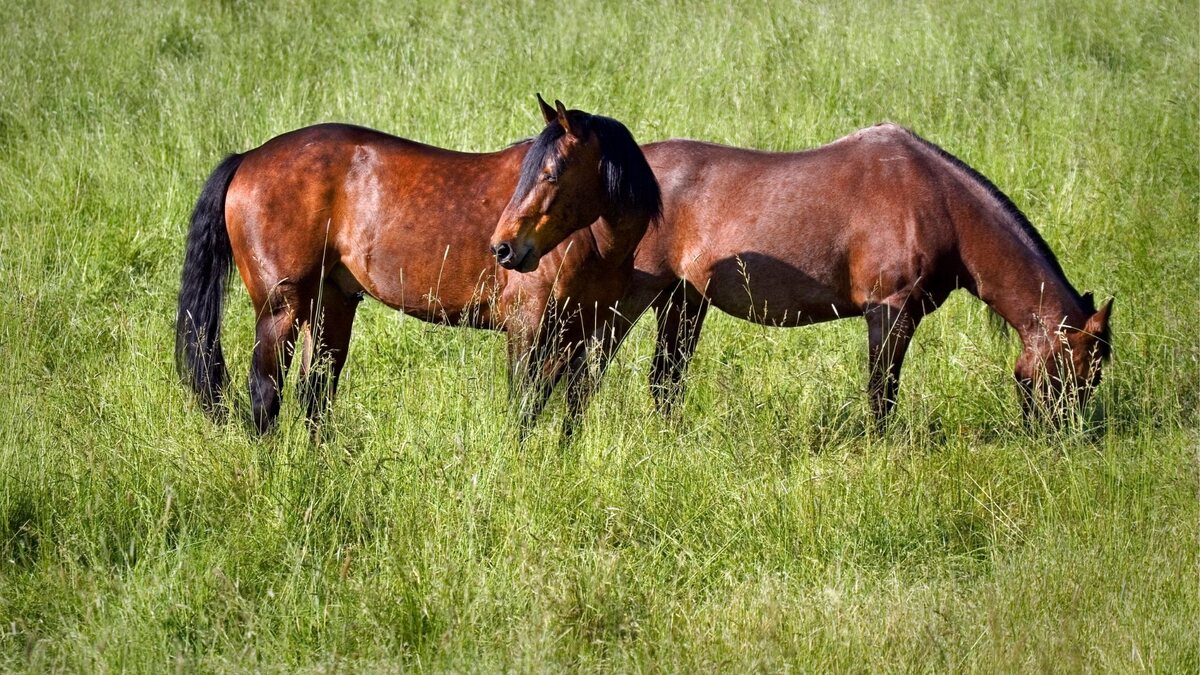

Landscaping Ideas
What Grass Is Good For Horses
Published: January 26, 2024
Discover the best landscaping ideas for creating horse-friendly grass areas. Find out which grass types are ideal for your equine companions.
(Many of the links in this article redirect to a specific reviewed product. Your purchase of these products through affiliate links helps to generate commission for Storables.com, at no extra cost. Learn more)
Introduction
When it comes to maintaining the health and happiness of horses, providing suitable grazing areas is of paramount importance. The type of grass available in these areas can significantly impact a horse's well-being, making it essential for horse owners to carefully consider the types of grass they cultivate in their pastures. By understanding the various options and their associated benefits, horse owners can make informed decisions that promote the optimal health and vitality of their equine companions.
Ensuring that horses have access to high-quality grazing is not only beneficial for their physical health but also contributes to their mental and emotional well-being. The right type of grass can provide essential nutrients, support digestive health, and offer a comfortable environment for horses to roam and graze. With this in mind, it's crucial to explore the different types of grass that are well-suited for horses, taking into account factors such as nutritional value, palatability, and resilience to grazing pressure.
In this comprehensive guide, we will delve into the various types of grass that are ideal for horses, considering the unique dietary and behavioral needs of these majestic animals. By examining the key considerations for selecting grass for horses and exploring common grass varieties used in horse pastures, we aim to equip horse owners with the knowledge needed to create thriving grazing environments for their beloved equines. Let's embark on this enlightening journey to discover the best grasses for horses, ensuring that our equine companions enjoy the benefits of lush, nourishing pastures.
Key Takeaways:
- Choose Timothy grass, Orchard grass, Kentucky bluegrass, or fescue grass for horse pastures to provide essential nutrients, palatability, and resilience, ensuring the health and happiness of your equine companions.
- Consider nutritional value, palatability, resilience to grazing, climate adaptability, digestibility, and toxicity when selecting grass for horse pastures, creating vibrant and nourishing environments for your beloved horses.
Types of Grass for Horses
When it comes to selecting grass for horses, it’s essential to consider the specific types that offer optimal nutrition and appeal to the natural grazing behaviors of these magnificent animals. Different grass species possess varying characteristics that can influence their suitability for equine pastures. Understanding the distinct attributes of these grasses is crucial for providing horses with a nourishing and enriching grazing experience.
One of the most popular grasses for horses is Timothy grass. Known for its high fiber content and low protein levels, Timothy grass is an excellent choice for promoting digestive health in horses. Its coarse texture and robust nature make it suitable for withstanding the rigors of equine grazing, providing a reliable source of sustenance for horses in pasture settings.
Another widely favored grass for horses is Orchard grass. This grass variety boasts a soft texture and palatable leaves, making it highly appealing to horses. Orchard grass is rich in nutrients and offers a balanced combination of protein and fiber, contributing to the overall well-being of grazing horses. Its resilience to frequent grazing makes it a practical choice for pastures where horses roam and feed regularly.
Additionally, Kentucky bluegrass is a prevalent option for horse pastures. This grass species is valued for its lush, tender blades and high palatability, making it a favored choice among horses. Kentucky bluegrass is known for its rapid regrowth after grazing, ensuring a consistent food supply for horses and supporting the maintenance of healthy pastures.
Furthermore, fescue grass is recognized for its adaptability and durability, making it well-suited for equine grazing environments. Fescue grass is valued for its hardiness and ability to thrive in various conditions, providing a reliable source of nutrition for horses throughout different seasons.
By familiarizing themselves with the distinct characteristics of these grass varieties, horse owners can make informed decisions regarding the most suitable options for their pastures. Considering factors such as nutritional content, palatability, and resilience to grazing pressure is essential for creating thriving grazing environments that cater to the unique needs of horses.
As we continue our exploration of grasses for horses, we will delve into the key considerations that horse owners should bear in mind when selecting grass for their equine companions, further enhancing their understanding of the optimal choices for nurturing healthy and vibrant pastures.
Considerations for Choosing Grass for Horses
When selecting grass for horses, several crucial considerations come into play to ensure that the chosen varieties align with the dietary and behavioral needs of these magnificent animals. By taking these factors into account, horse owners can create grazing environments that promote optimal health, vitality, and contentment among their equine companions.
- Nutritional Value: The nutritional composition of the grass is a primary consideration. Horses require a balanced diet that includes essential nutrients such as protein, fiber, vitamins, and minerals. The chosen grass should provide these nutrients to support the overall well-being and performance of the horses.
- Palatability: The palatability of the grass is crucial, as it directly influences the horses’ grazing behavior and food intake. Palatable grass varieties are more likely to be consumed by horses, ensuring that they receive adequate nourishment while enjoying their grazing experience.
- Resilience to Grazing Pressure: Grasses that can withstand frequent grazing and trampling are essential for maintaining healthy pastures in equine environments. Resilient grass varieties can recover effectively after being grazed upon, ensuring a consistent food supply for the horses.
- Adaptability to Climate: Considering the local climate and environmental conditions is vital when choosing grass for horses. Selecting grass species that are well-suited to the prevailing climate ensures that the pastures remain lush and nutritious throughout the year, catering to the horses’ dietary needs in all seasons.
- Digestibility: The digestibility of the grass influences its effectiveness in supporting the horses’ digestive health. Easily digestible grasses contribute to efficient nutrient absorption and digestive function in horses, promoting their overall well-being.
- Toxicity: It is crucial to be mindful of any potentially toxic compounds present in certain grass species. Some grasses may contain substances harmful to horses, and thorough research and consultation with equine experts are necessary to avoid introducing toxic elements into the horses’ grazing areas.
By carefully evaluating these considerations, horse owners can make informed decisions when selecting grass for their pastures, ensuring that the chosen varieties align with the unique dietary and behavioral requirements of their equine companions. The thoughtful consideration of these factors contributes to the creation of vibrant, nourishing grazing environments that support the health and happiness of horses.
Consider planting a mix of grasses such as timothy, brome, and orchard grass for your horse pasture. These grasses are high in fiber, low in sugar, and provide good nutrition for horses.
Common Grasses for Horse Pastures
When establishing and maintaining pastures for horses, it is essential to select grass species that offer nutritional value, palatability, and resilience to grazing pressure. Several common grasses are well-suited for horse pastures, providing nourishment and creating conducive grazing environments for these majestic animals.
- Timothy Grass (Phleum pratense): Timothy grass is widely recognized for its high fiber content and low protein levels, making it an excellent choice for promoting digestive health in horses. Its coarse texture and robust nature enable it to withstand grazing pressure, providing a reliable source of sustenance for horses in pasture settings.
- Orchard Grass (Dactylis glomerata): Orchard grass is valued for its soft texture and palatable leaves, making it highly appealing to horses. Rich in nutrients and offering a balanced combination of protein and fiber, Orchard grass contributes to the overall well-being of grazing horses while exhibiting resilience to frequent grazing.
- Kentucky Bluegrass (Poa pratensis): Kentucky bluegrass is esteemed for its lush, tender blades and high palatability, making it a favored choice among horses. Its rapid regrowth after grazing ensures a consistent food supply for horses, supporting the maintenance of healthy pastures.
- Fescue Grass (Festuca spp.): Fescue grass is known for its adaptability and durability, thriving in various conditions and providing a reliable source of nutrition for horses throughout different seasons. Its resilience to grazing pressure makes it a practical choice for equine grazing environments.
These common grasses have proven to be valuable assets in horse pastures, offering a blend of essential nutrients, palatability, and resilience that cater to the dietary and behavioral needs of horses. By incorporating these grass species into equine grazing environments, horse owners can create thriving pastures that support the health, vitality, and contentment of their beloved equine companions.
By carefully evaluating these considerations, horse owners can make informed decisions when selecting grass for their pastures, ensuring that the chosen varieties align with the unique dietary and behavioral requirements of their equine companions. The thoughtful consideration of these factors contributes to the creation of vibrant, nourishing grazing environments that support the health and happiness of horses.
Conclusion
Choosing the right grass for horse pastures is a crucial aspect of equine care, directly impacting the health, nutrition, and overall well-being of these magnificent animals. By understanding the diverse types of grass available and considering key factors such as nutritional value, palatability, resilience to grazing pressure, adaptability to climate, digestibility, and toxicity, horse owners can make informed decisions when cultivating pastures for their equine companions.
Timothy grass, Orchard grass, Kentucky bluegrass, and fescue grass are among the common grasses that have proven to be valuable choices for horse pastures, offering a blend of essential nutrients, palatability, and resilience that cater to the dietary and behavioral needs of horses. These grass species contribute to the creation of vibrant, nourishing grazing environments that support the health, vitality, and contentment of horses.
Creating thriving pastures for horses involves a thoughtful and holistic approach, considering the unique requirements of these animals and the environmental factors that influence the growth and sustenance of grasses. By prioritizing the well-being of horses and the quality of their grazing environments, horse owners play a pivotal role in nurturing healthy and vibrant pastures that enhance the lives of their equine companions.
Ultimately, the careful selection of grass for horse pastures reflects a deep commitment to providing horses with the best possible grazing experience, ensuring that they receive the essential nutrients and enjoy a comfortable and enriching environment. Through this dedication, horse owners contribute to the overall health and happiness of their equine companions, fostering a strong bond and a thriving equine community.
As we continue to prioritize the well-being of horses and seek to enhance their grazing environments, the knowledge and understanding of suitable grasses for horse pastures will remain invaluable, guiding horse owners in the creation of nourishing and sustainable grazing areas that support the optimal health and vitality of their beloved equines.
Frequently Asked Questions about What Grass Is Good For Horses
Was this page helpful?
At Storables.com, we guarantee accurate and reliable information. Our content, validated by Expert Board Contributors, is crafted following stringent Editorial Policies. We're committed to providing you with well-researched, expert-backed insights for all your informational needs.
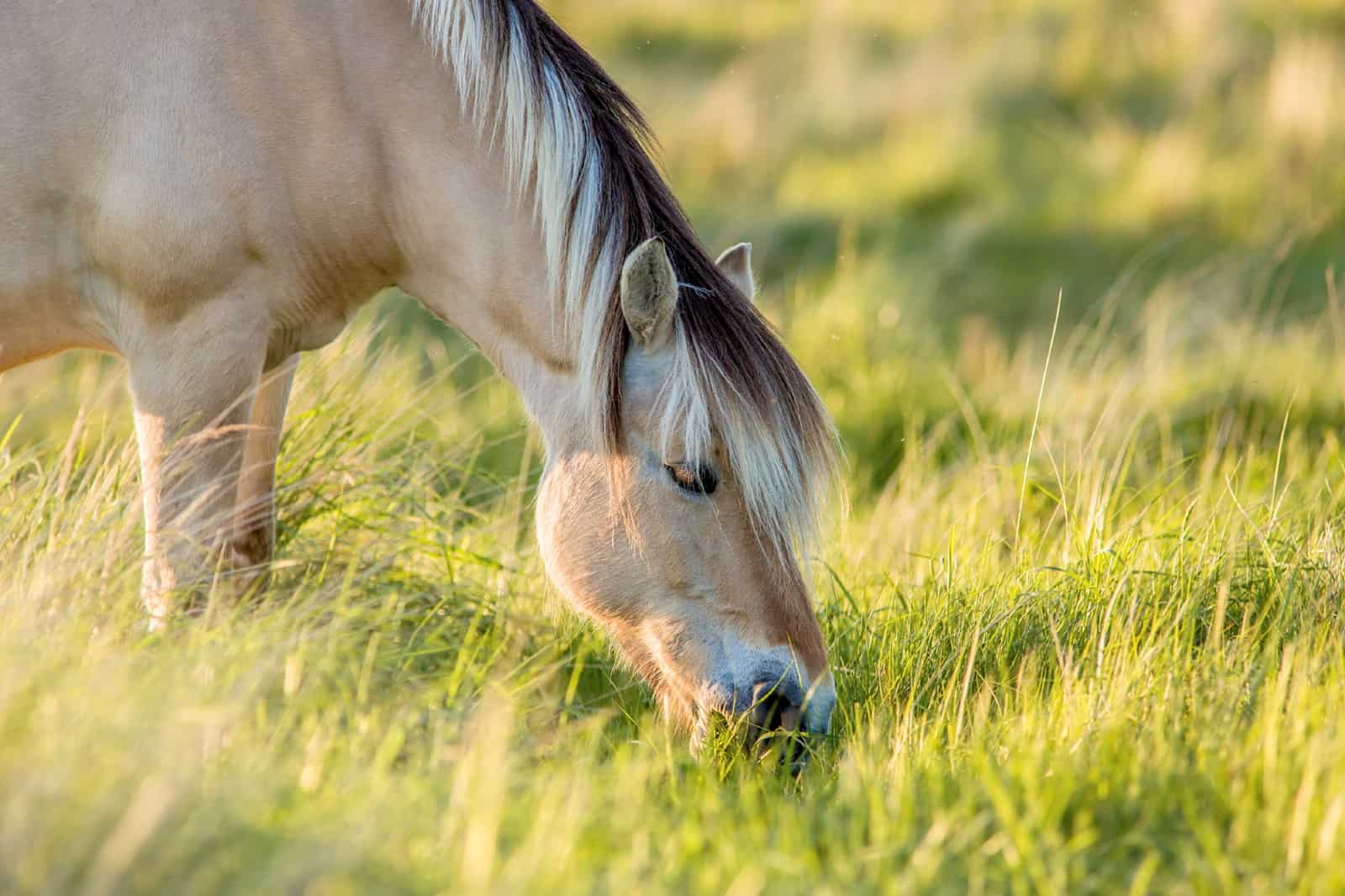
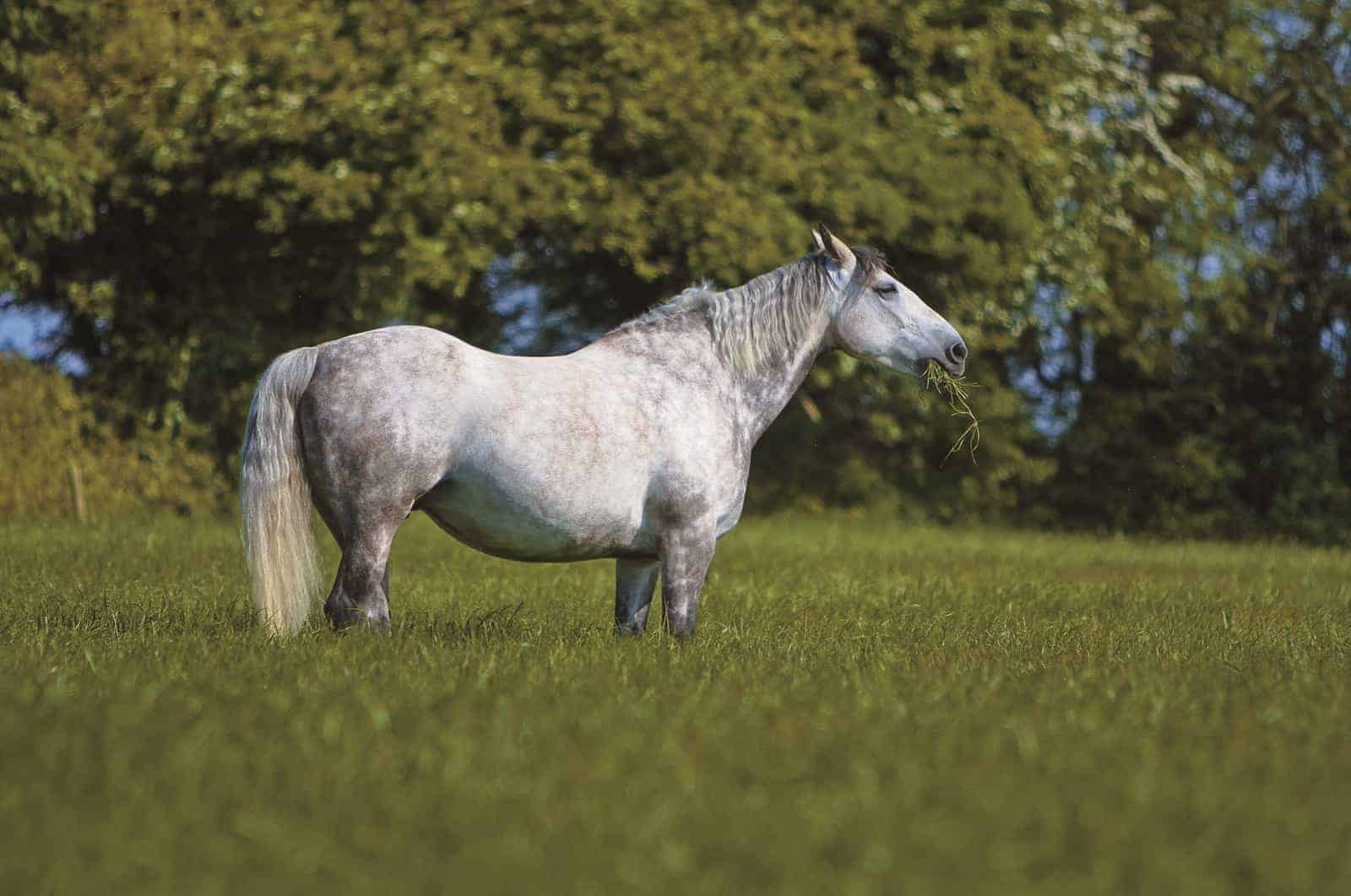
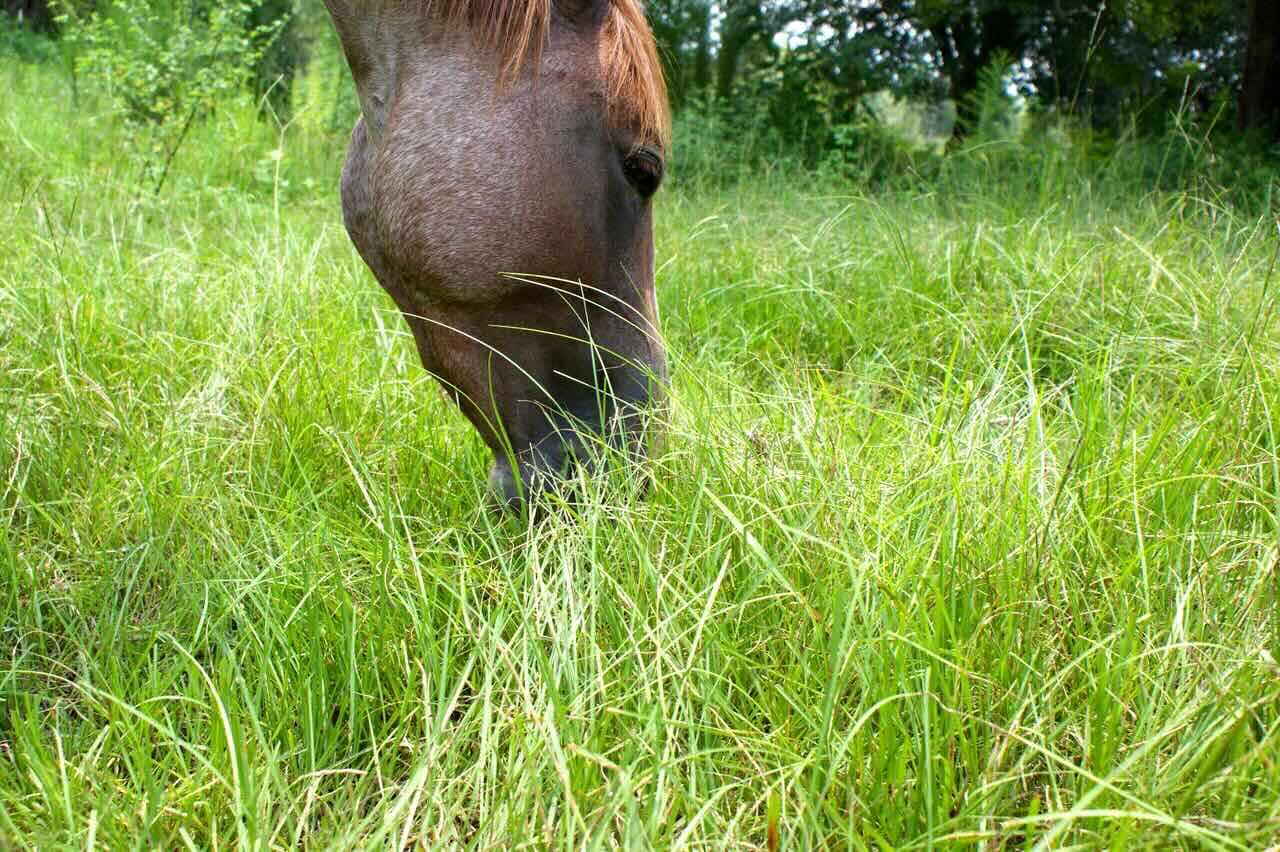
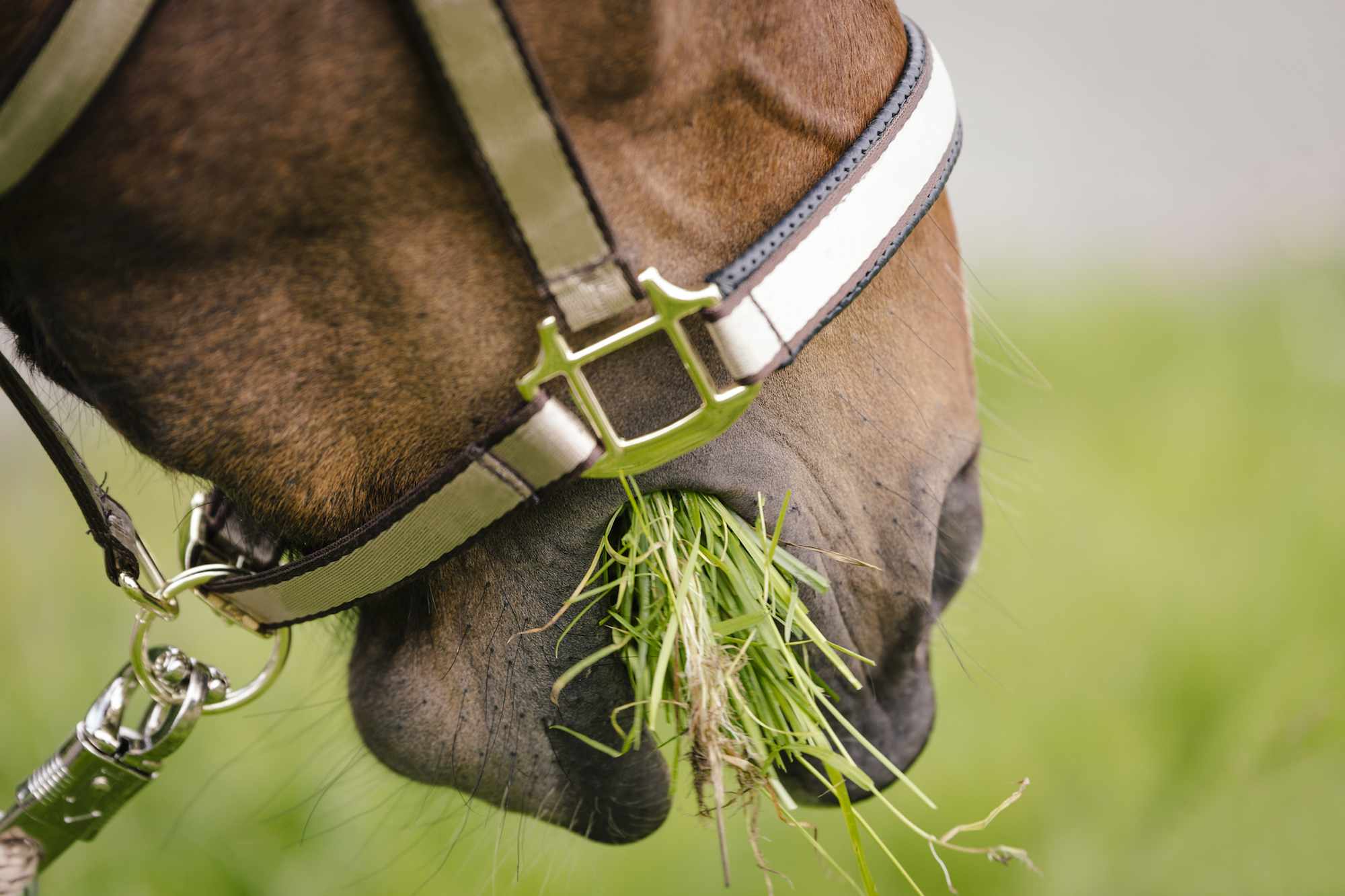
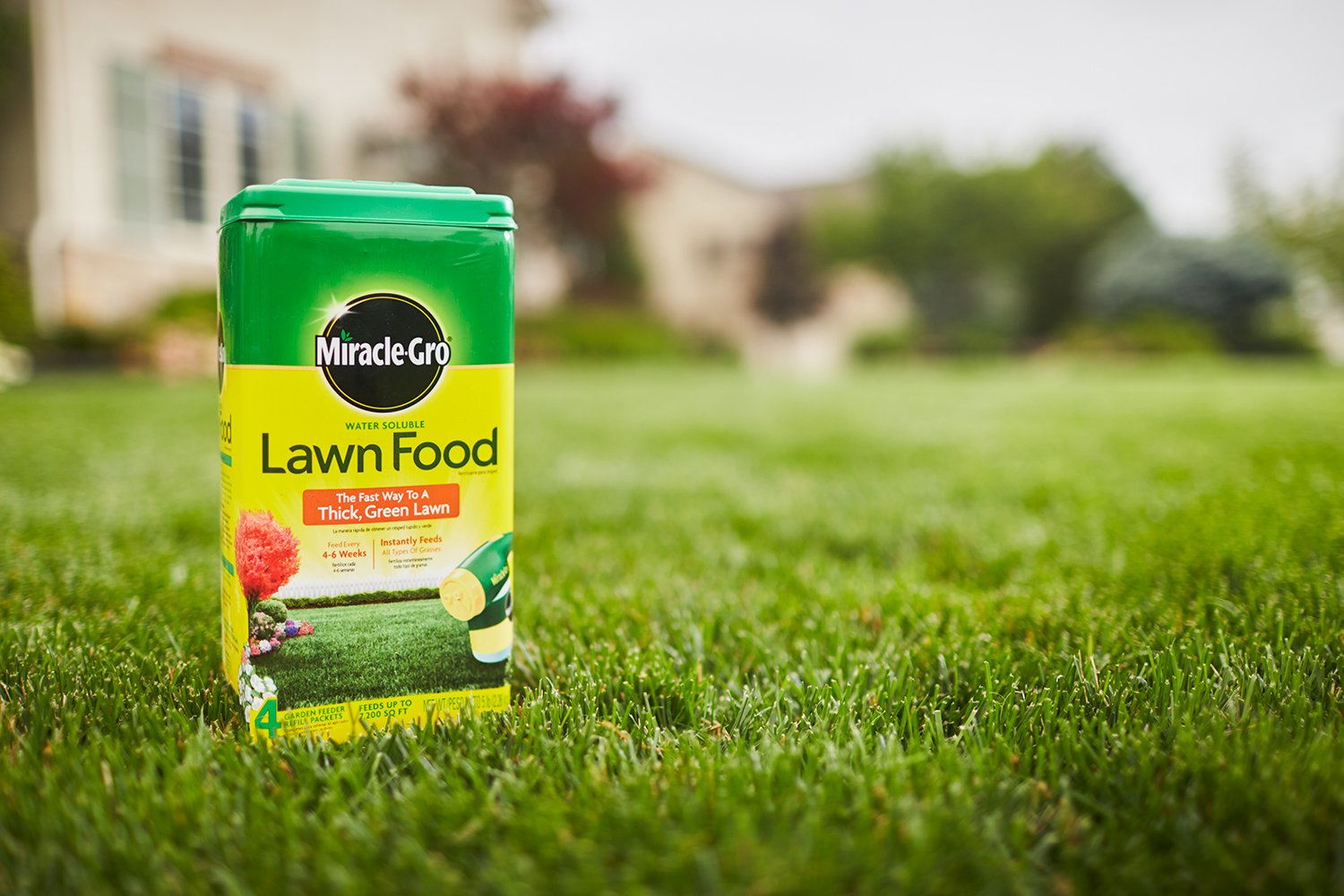
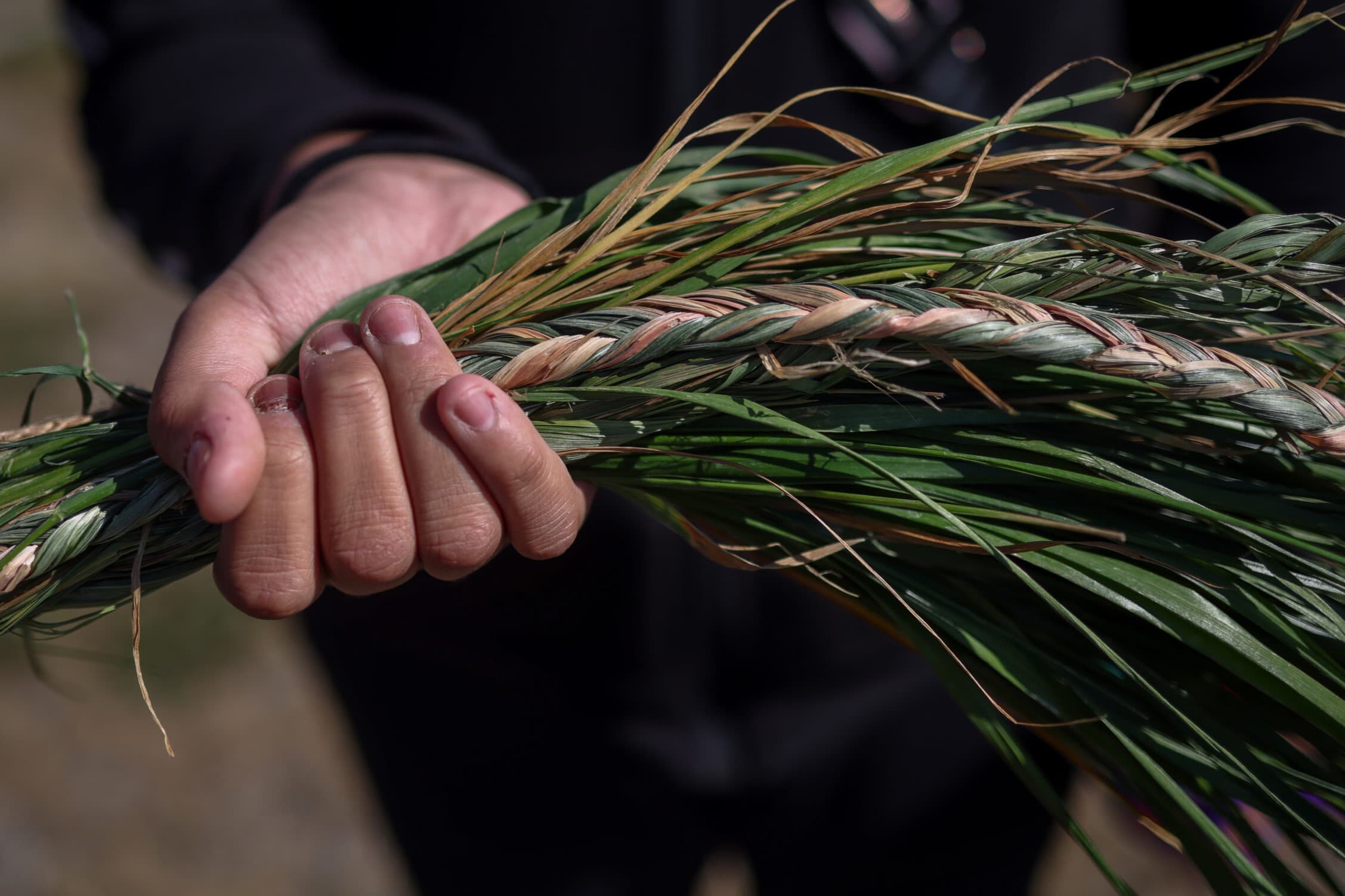
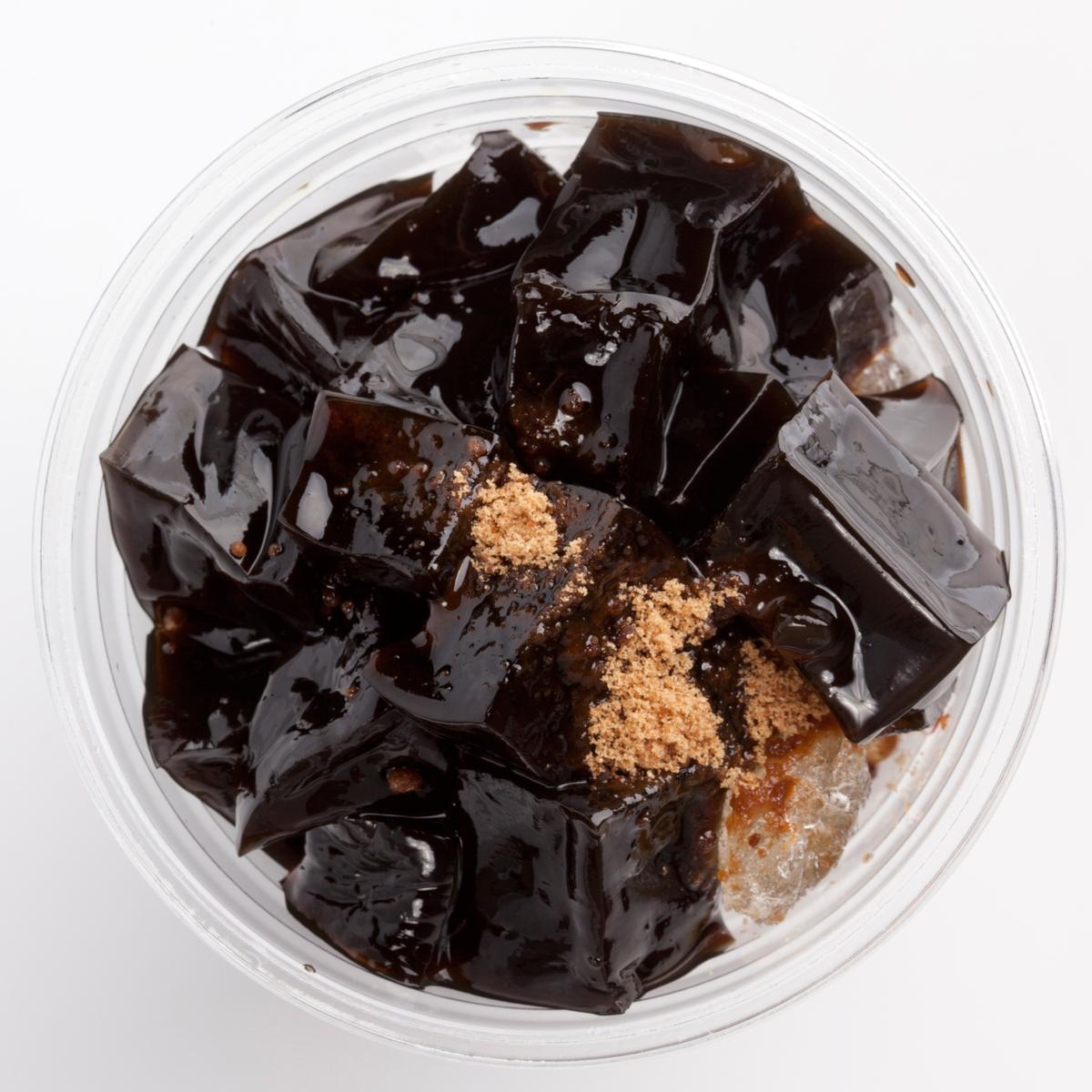
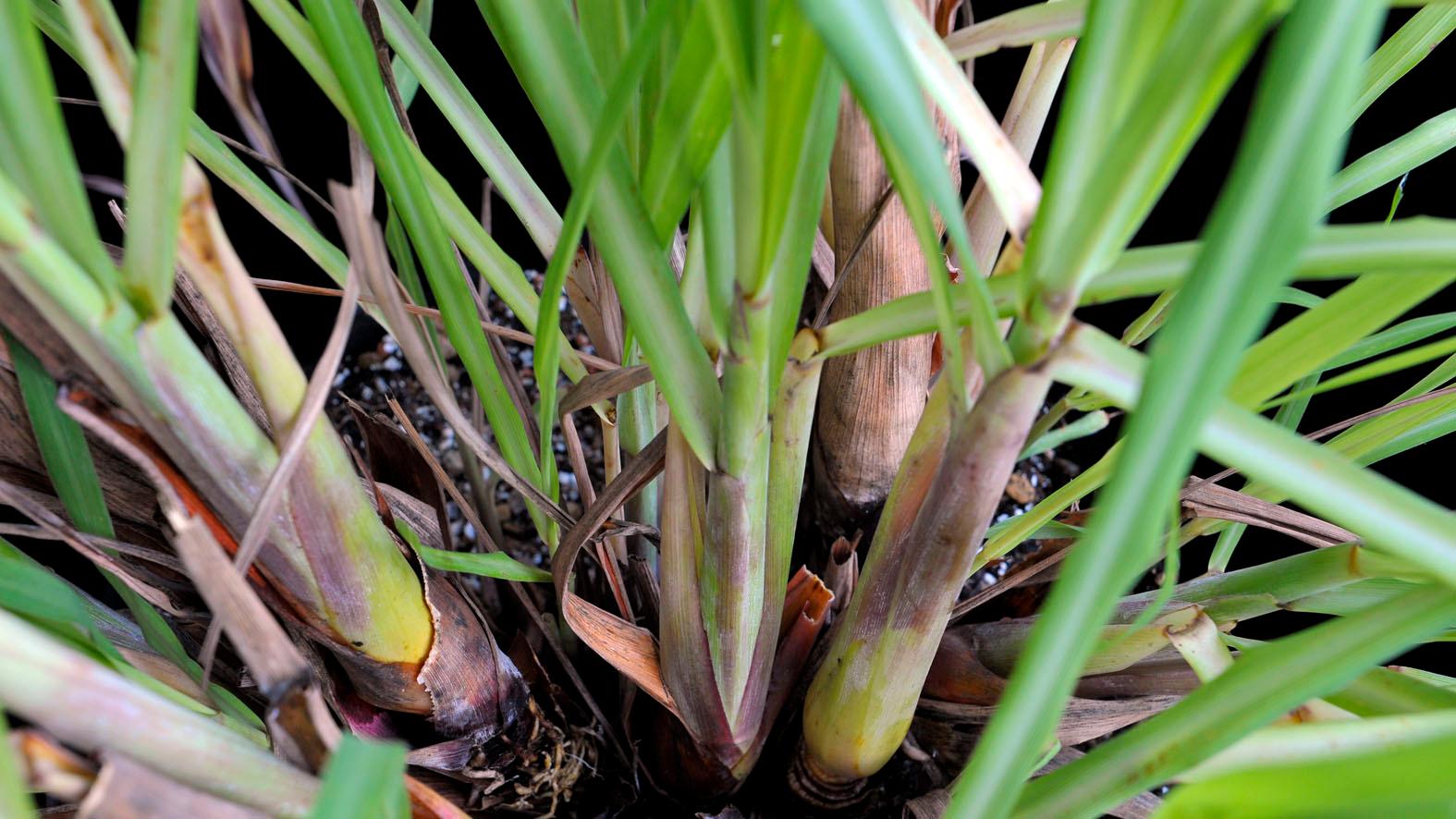
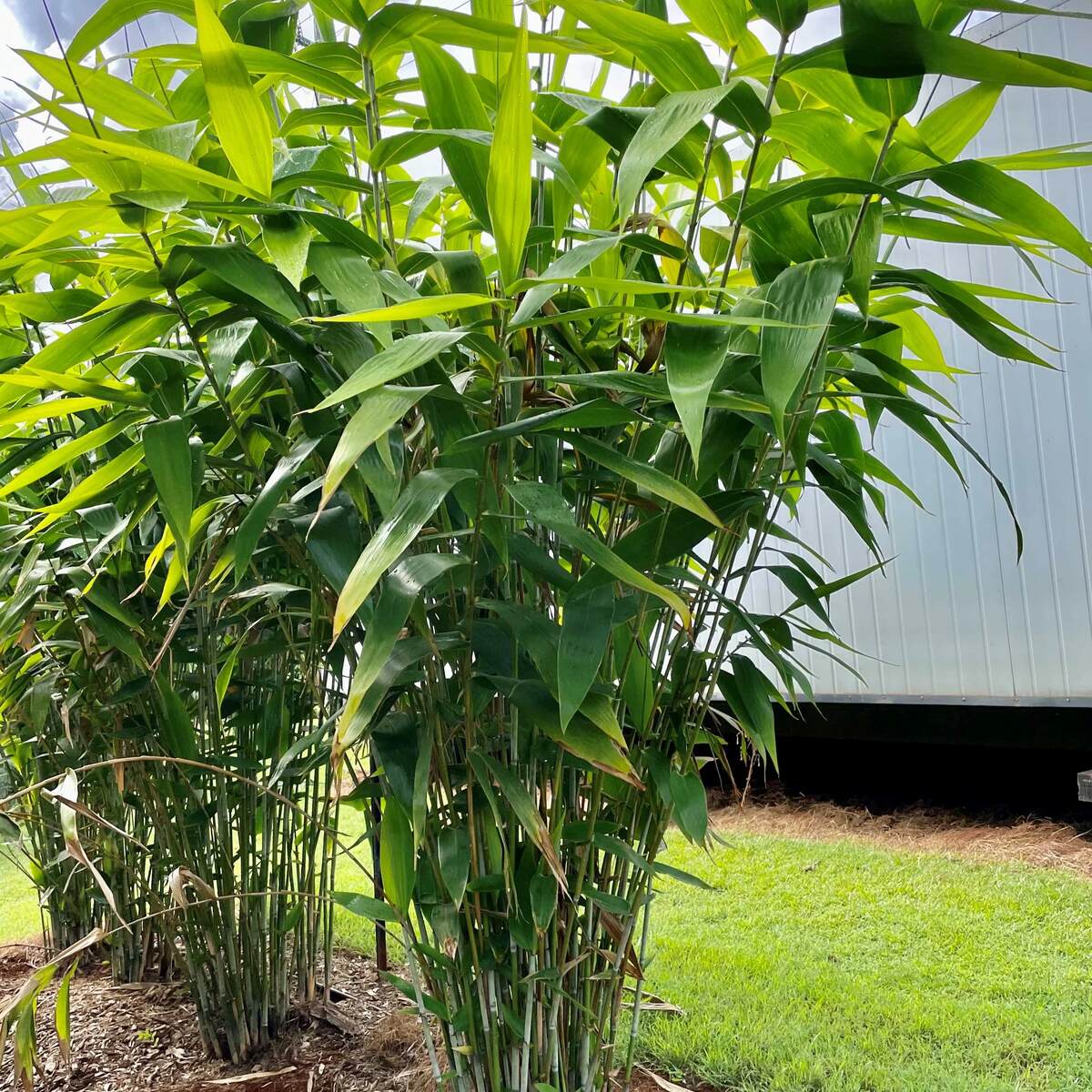
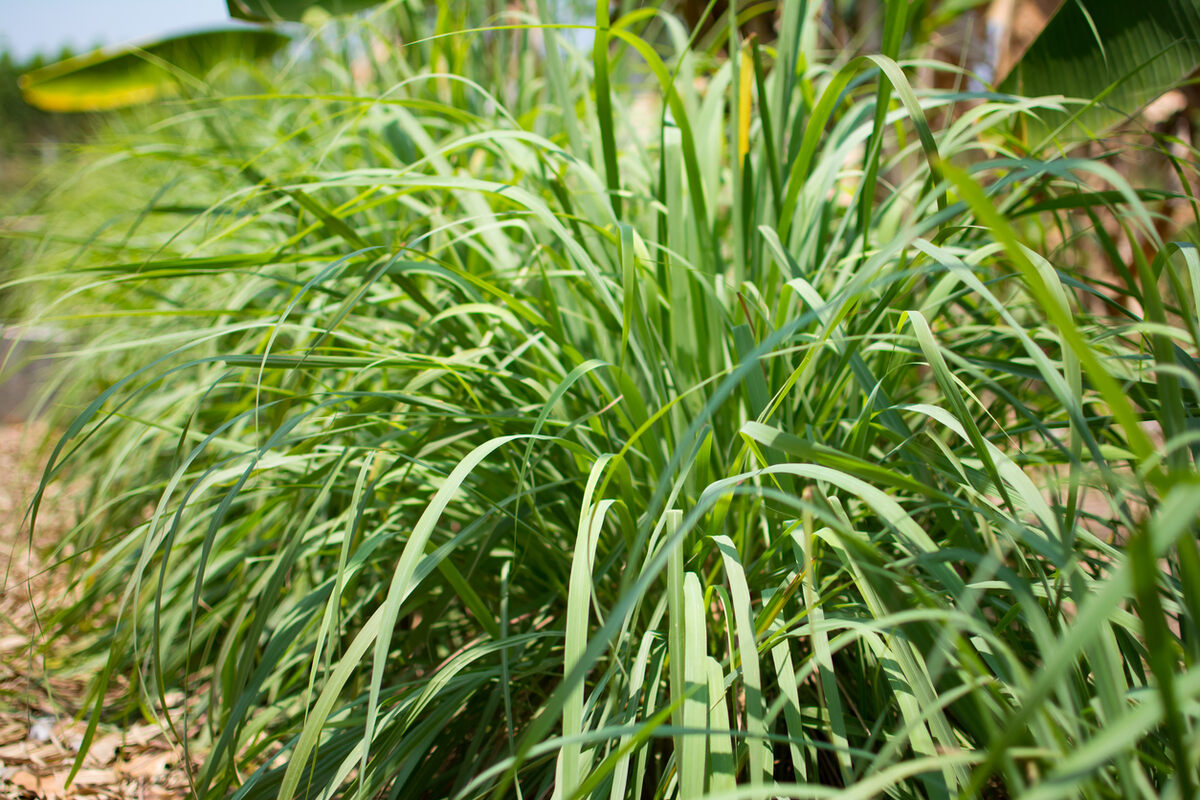

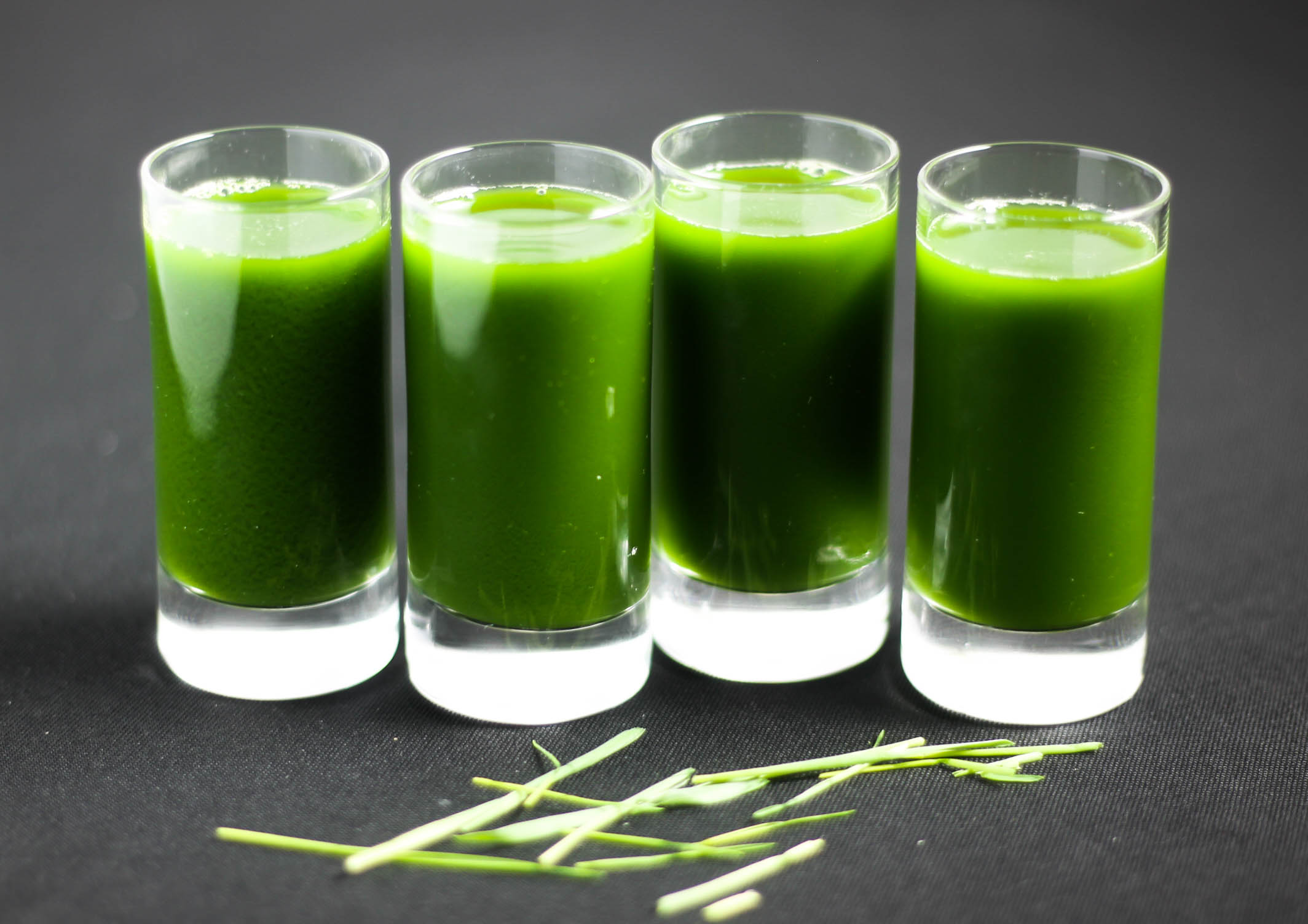
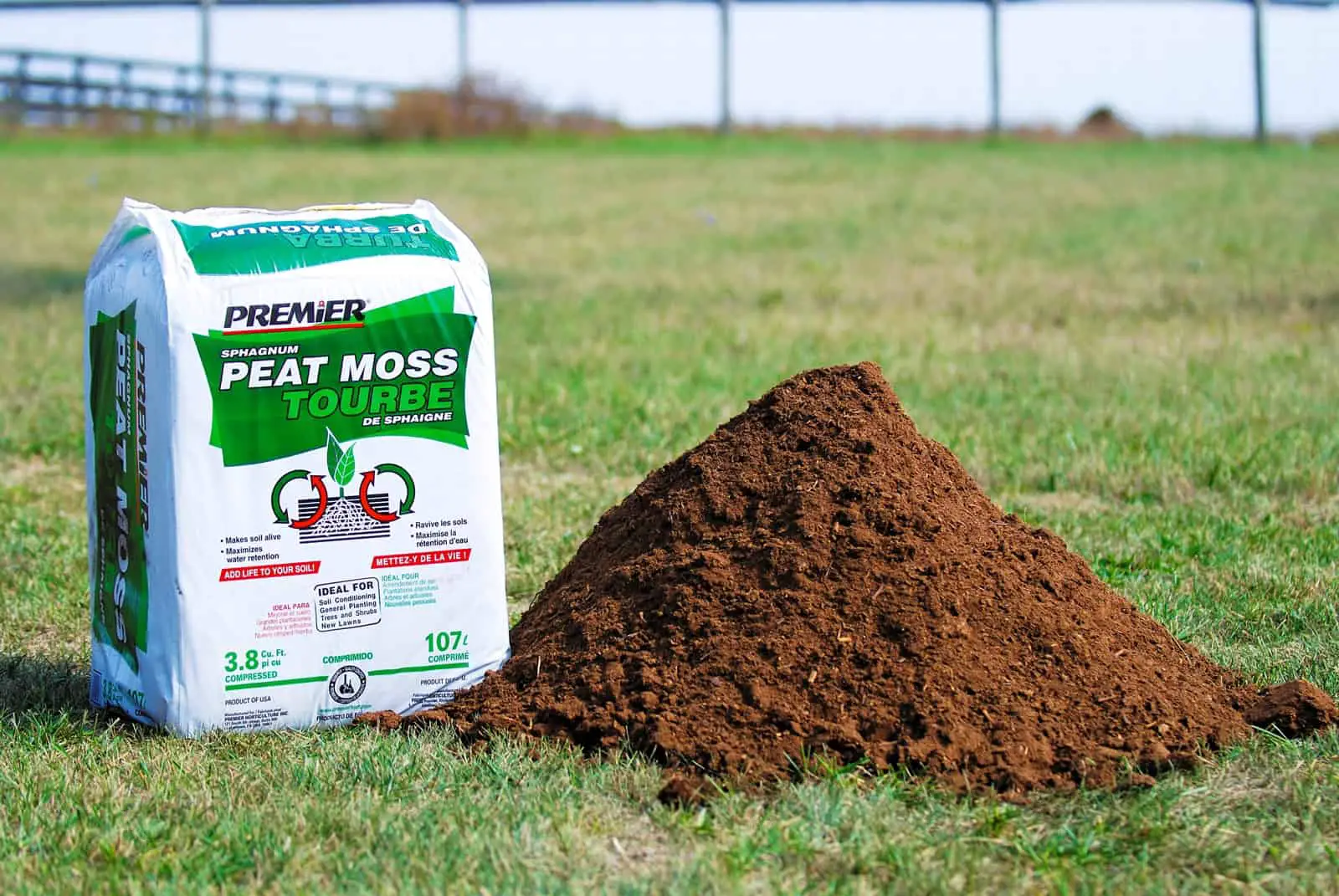

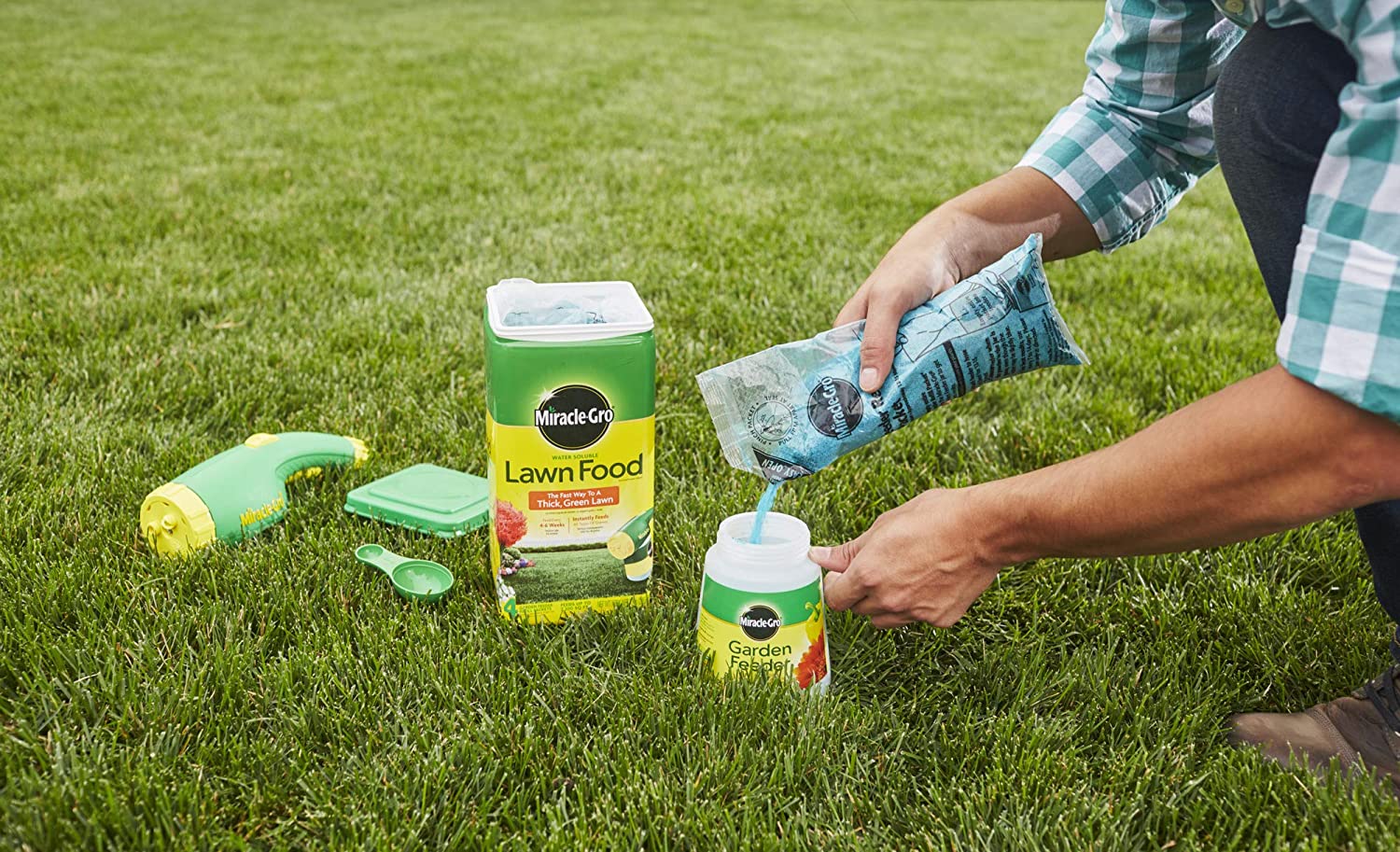

0 thoughts on “What Grass Is Good For Horses”